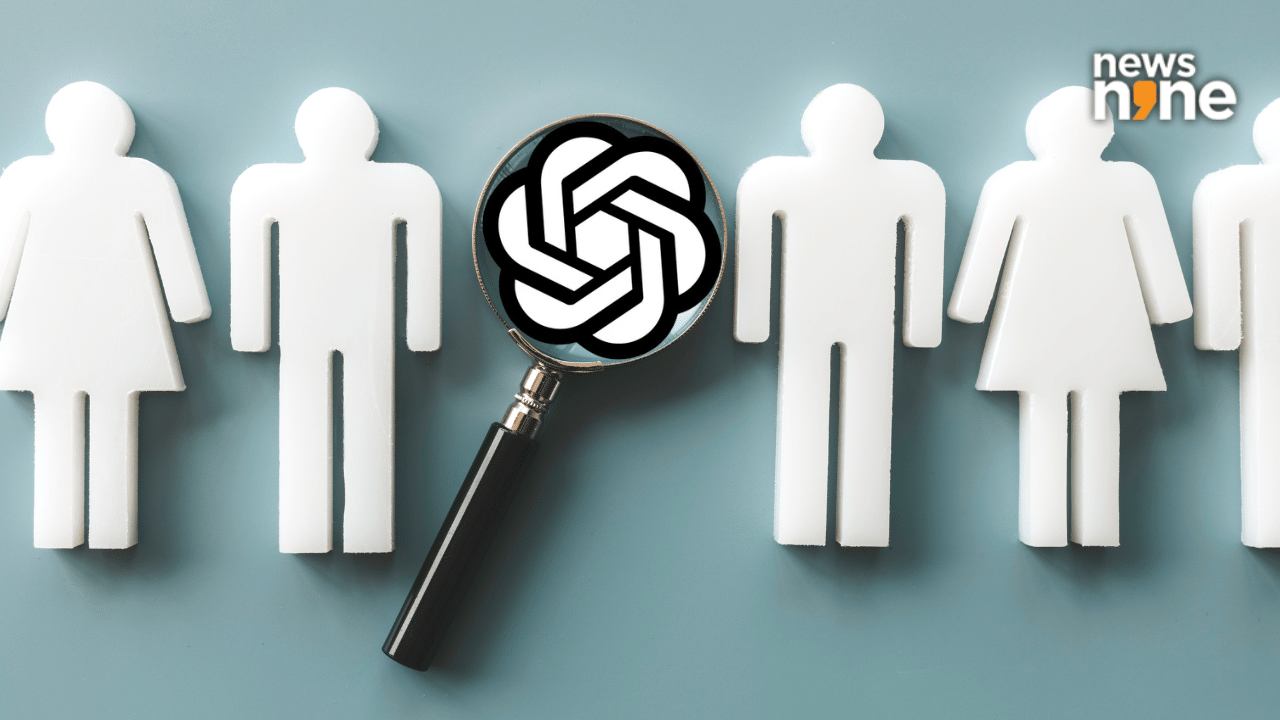OpenAI has made new safety information concerning ChatGPT, including parental controls and emergency features, due to the tragic suicide involving 16-year-old Adam Raine. In a blog post, the company has confirmed that it is striving to give in the face of more stringent protections for teens, as worries about the effects of AI chatbots on vulnerable users have continued to rise. The action follows a suit filed by the parents of Adam in San Francisco, which accuses OpenAI of providing harmful advice that led to self-harm for their son.
The event has led to a broader discussion of whether the AI companies should bear the duty of safeguarding the young users. OpenAI acknowledged that ChatGPT was trained to say no to self-harm requests, but the system might malfunction on longer dialogues. To mitigate this, the company will deploy new GPT-5 tools to guarantee safer interaction and avoid such tragedies.
New parental controls in ChatGPT
The new release of OpenAI will enable parents to track and control their child using ChatGPT. Parents will be given choices of tracking conversations, limiting use and marking boundaries to minimise dangers. Another aspect that the company will consider is the option of introducing features that can allow families to add trusted emergency contacts whenever signs of distress are identified in conversations.
The company stated that future iterations of ChatGPT would be conditioned to de-escalate by placing the individual in a real-life situation in the event of suicidal intent expressed by users. OpenAI emphasised the fact that the platform is becoming more and more utilised as a source of personal advice and emotional support, so more robust guardrails are necessary. The purpose of these updates is to provide more control to parents and the appropriate help to the teens at the appropriate time.
